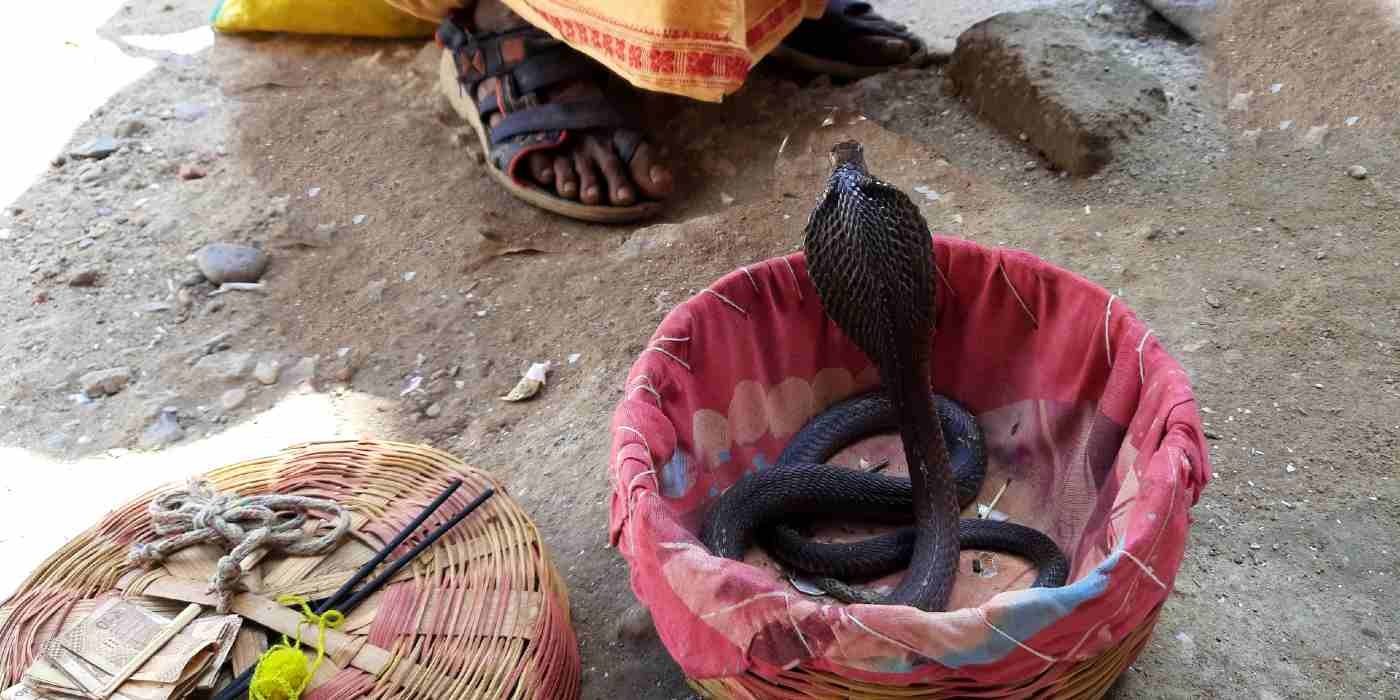
Mental health and snakebite in West Bengal, India: a survey
Background
Snakebite is a neglected tropical disease that affects an estimated 5 million people yearly. Previous research has focused on the acute effects of snakebite; however, snakebite survivors can experience long-term health impacts.
A scoping review conducted by our research group found that there are only 11 primary studies examining the mental health impact of snakebite globally, with depression and Post-Traumatic Stress Disorder (PTSD) being the most common mental health conditions.
Despite India being one of the highest burden countries for snakebite, there have been no previous studies looking at the mental health manifestations of snakebite. Understanding snakebite survivors’ experiences with depression and PTSD can guide the development of comprehensive healthcare services to address these concerns.
Aim
The objective of this study is to determine the prevalence of depression and PTSD amongst snakebite survivors in Sundarbans, India.
Research Methodology
A survey will be administered to adults who have been bitten by a snake in the past year, in Sundarbans, West Bengal. The study will use the Community Knowledge Approach which has been tested earlier, in the same setting.








